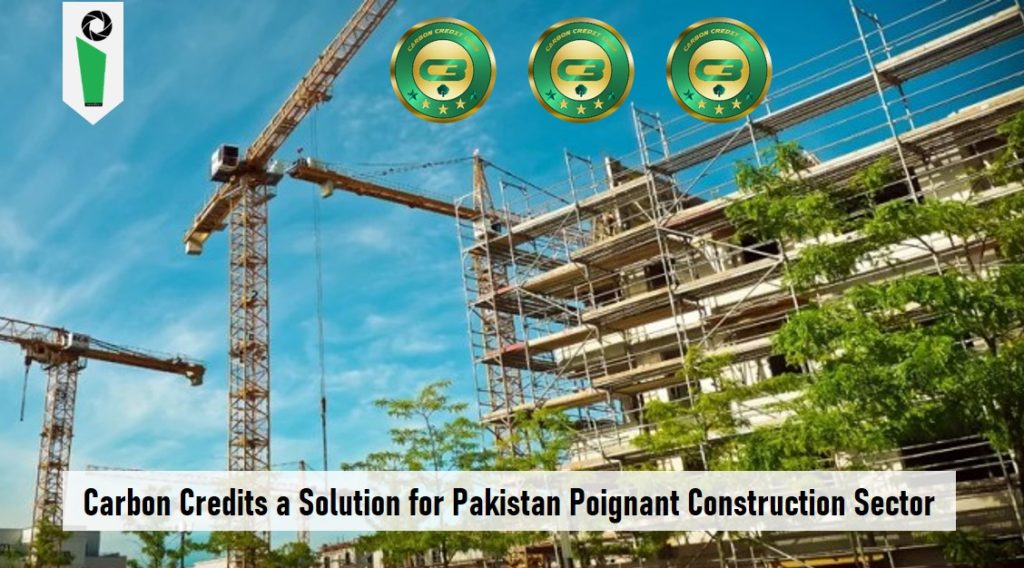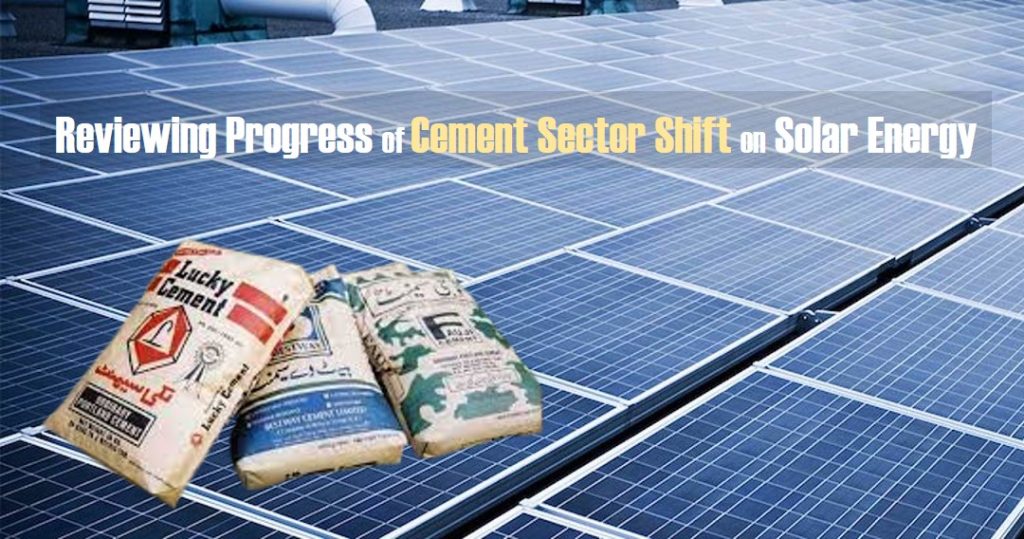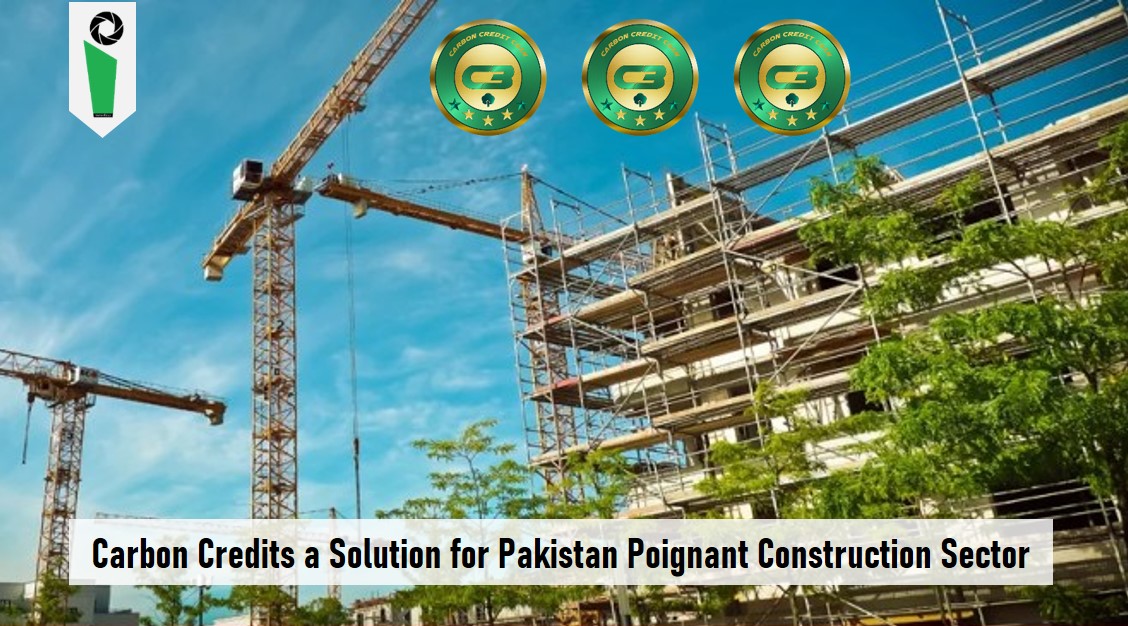
In a latest report “Building materials and the climate: Constructing a new future” released this month by United Nations Environment Programme, it is stated that the construction sector is responsible for 37% of global emissions. A large chunk of these emissions are resulted from rampant real estate developments and manufacturing building materials such as steel, cement and glass. The report calls for Climate action to reduce “embodied carbon emissions”. But how can that possible in Pakistan, where construction activities and real estate business are in a state of inertia nowadays. The solution is Carbon Credits by using Climate offset programs.
Carbon Credits and Pakistan Construction Sector
Climate offset programs can use carbon credits, calculated directly from the avoided emissions, or renewable energy credits. Carbon offsets and renewable energy credits improve the business case for green buildings, providing additional cash flow beyond water and energy savings. Carbon trading also provides an alternative compliance option for buildings with very high retrofit costs. The construction industry can earn carbon credits through various practices and initiatives that reduce greenhouse gas emissions and promote sustainability. In a word, Carbon credits incentivize the use of renewable energy, the construction of green buildings, and deep energy retrofits for existing properties.
Although, Pakistan has not yet established a national Carbon credit program yet. But it’s important for construction companies and real estate developers in the country to push government to implement Climate offset program and keep abreast of any updates or new initiatives related to carbon credits in the world. They should also seek guidance from sustainability experts, environmental consultants, and relevant governmental or non-governmental organizations that specialize in carbon emissions and sustainability practices.

Here are some ways the construction industry can obtain carbon credits:
Energy Efficiency Measures
Implement energy-efficient technologies and practices in construction projects to reduce energy consumption and associated emissions. This could include using efficient insulation, lighting, and HVAC systems. Also, incorporate renewable energy sources, such as solar panels or wind turbines, into construction projects. This generates clean energy and reduces reliance on fossil fuels. According to former Chairman ABAD Mohsin Shaikhani “Builders and homebuyers both nowadays optimize use of energy, which is the most significant way of sustainable and green construction.”
Low Carbon Materials, Design & Transportation
Use low-carbon or recycled materials in construction, and employ sustainable design principles to reduce emissions from the production and transportation of construction materials. Similarly, encourage the use of low-emission transportation methods for construction workers and materials. This could involve electric vehicles or efficient logistics planning.
Apply waste reduction and recycling practices on construction sites to reduce emissions associated with the production and disposal of construction materials. While implementing carbon capture technologies in construction projects, especially in industries like cement and steel production, can help mitigate emissions associated with these high-emission materials.
Afforestation and Reforestation
Include green spaces, trees, and vegetation in construction projects to sequester carbon dioxide and potentially earn carbon credits. In an interview with infocus.pk former Chairman ABAD Hanif Gohar admits “Housing schemes are already bound to add green cover and now new highrises are already providing spaces for roof top gardens.”
Green Building Certifications
Achieve certifications like LEED or other recognized green building standards. These certifications may not directly provide carbon credits, but they demonstrate a commitment to sustainability. While participation in Carbon Offset Projects, such as investing in renewable energy projects or reforestation efforts can generate carbon credits that offset emissions from construction activities.
By
Editorial, Infocus


